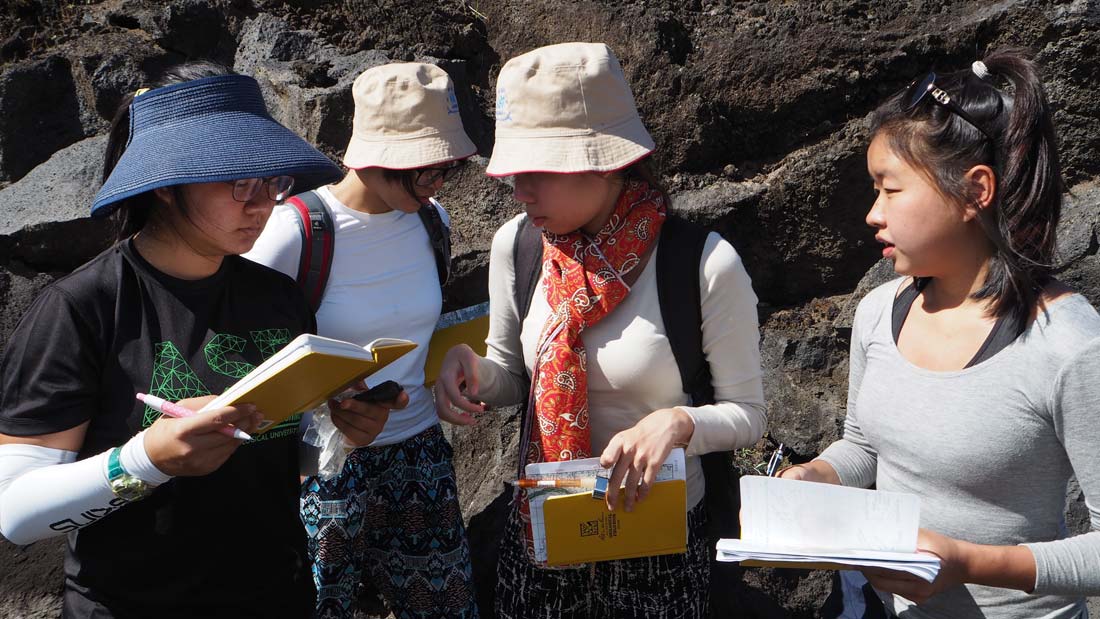
Introduction
There are a large number of students who graduate from colleges and universities with an abundance of knowledge, but with no idea how to apply that knowledge in real life. The ability to do something is just as important as learning how to do it or gaining knowledge about it.
Practical work has always been regarded as a tool to inspire learning among students, as it stimulates their interest, attention span, and focus. The most common example of practical work is the teaching of laboratory skills, which ultimately promote and expand scientific knowledge.
Definition of practical learning
Practical learning entails all the activities that can help you gain mastery over a skill. For instance, you may read countless books and websites about painting; in fact, you may acquire all the knowledge available on this particular subject. However, you still won’t learn how to paint until you take a paintbrush, dip it in a colour palette, and actually starting painting. The same rule applies to dancing, mechanical work, lab work, sports, etc. No skill can be acquired without practical, hands-on experience.
Research results
According to a research, practical activities can be beneficial for teachers of primary and secondary schools in inculcating learning more effectively and efficiently in students. It has been observed that, with a practical approach, the students picked up concepts faster and were better able to respond in the way their teacher instructed them to. While the theories learned from the textbooks gave them a basic idea and understanding about a particular subject, practical work conducted with real objects helped them draw a clearer link between the theory and its applied usage. This enabled them to grasp difficult concepts more profoundly and clearly.
The research proves that, if teachers all over the world were to adopt the practical learning approach, it will help them enrich their students’ conceptual learning. In addition, it will simplify the teaching process for the educators themselves.
Practical work includes all the activities undertaken by students whereby they work with actual objects instead of focusing simply on textbook study.
This kind of learning is beneficial because it:
• Motivates students to expand their knowledge by stimulating their interest and enhancing their attention span,
• Clarifies laboratory research,
• Enhances the student’s scientific knowledge,
• Develops a greater understanding of the subject being taught, and
• Inculcates a more open-minded approach towards the concepts being learned.
Importance and effectiveness
One reason practical learning is so important is that it helps to retain what the student learns in class for a longer period. With hand-on learning, the concepts will become simpler and clearer in the student’s mind. They will be able to better grasp different nuances, which will help them improve their performance in tests and exams.
Theoretical learning followed by practical experience helps to sharpen the student’s mind. Practical work is most effective when:
• The purpose of the leaning is clear and the instructions for a particular activity are comparatively fewer and less complicated,
• The assigned task clearly showcases the purpose of the practical work,
• The student has prior knowledge that they will be conducting practical work so that they can go over the topic and build a list of questions and confusions, which will be resolved when they undertake the actual activity.
David Kolb – An experimental approach
David Kolb’s research targets all contemporary professors and educationists. According to Kolb, educational training is an active and energetic process. He says that one is constantly growing, improving, and learning by undergoing a cycle revolving around study and teaching.
His theory of practical learning states that one’s life experiences are constantly changing. He further says that whatever a person experiences in real life always influences what and how they learn academically. Their observations, analyses and examinations become the basis for their studies and stimulate practical learning. It helps to build on what they have already learned, providing a platform upon which the student’s actions are based. This enables them to form entirely new and original experiences.
The last step of the cycle, according to Kolb, is that all the experiences and practical learning must be applied in real life. The skills acquired must be practically used in order to become effective; only then will they hold true value and meaning.
